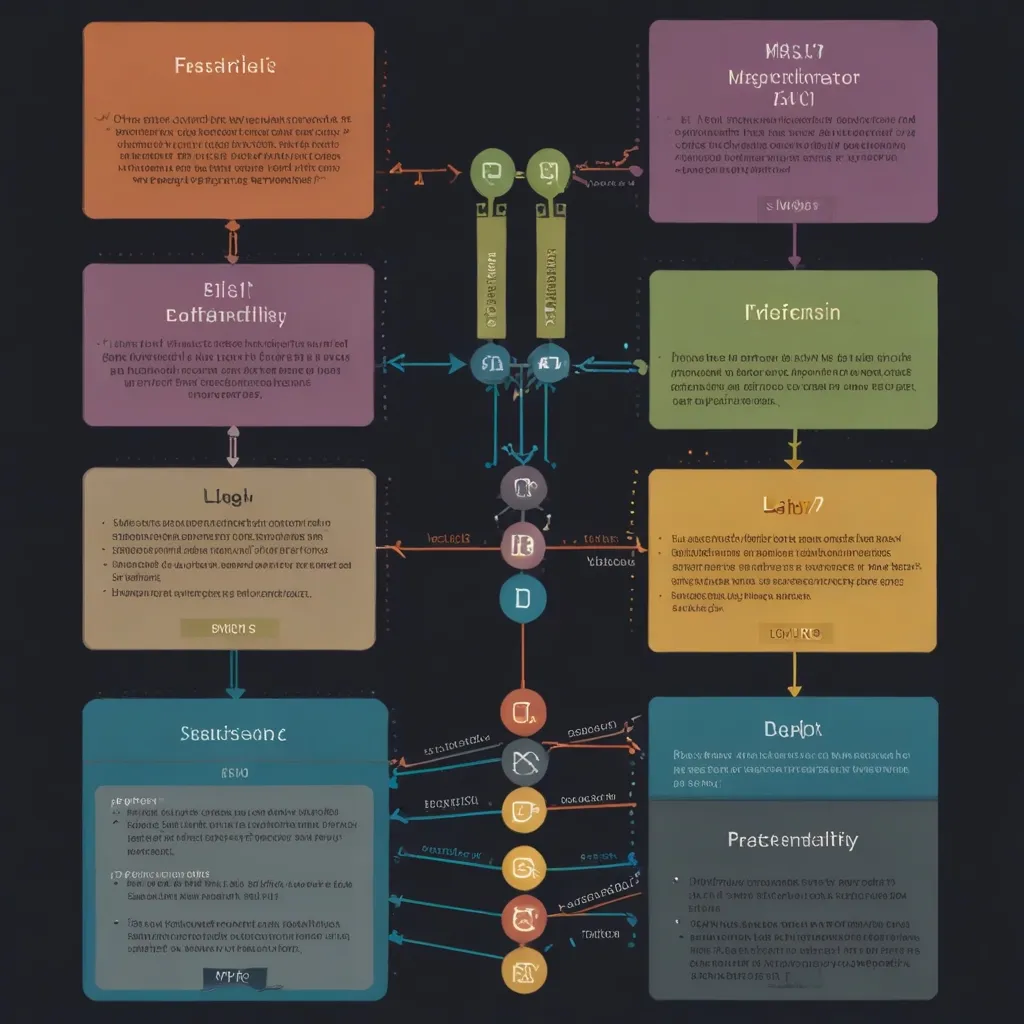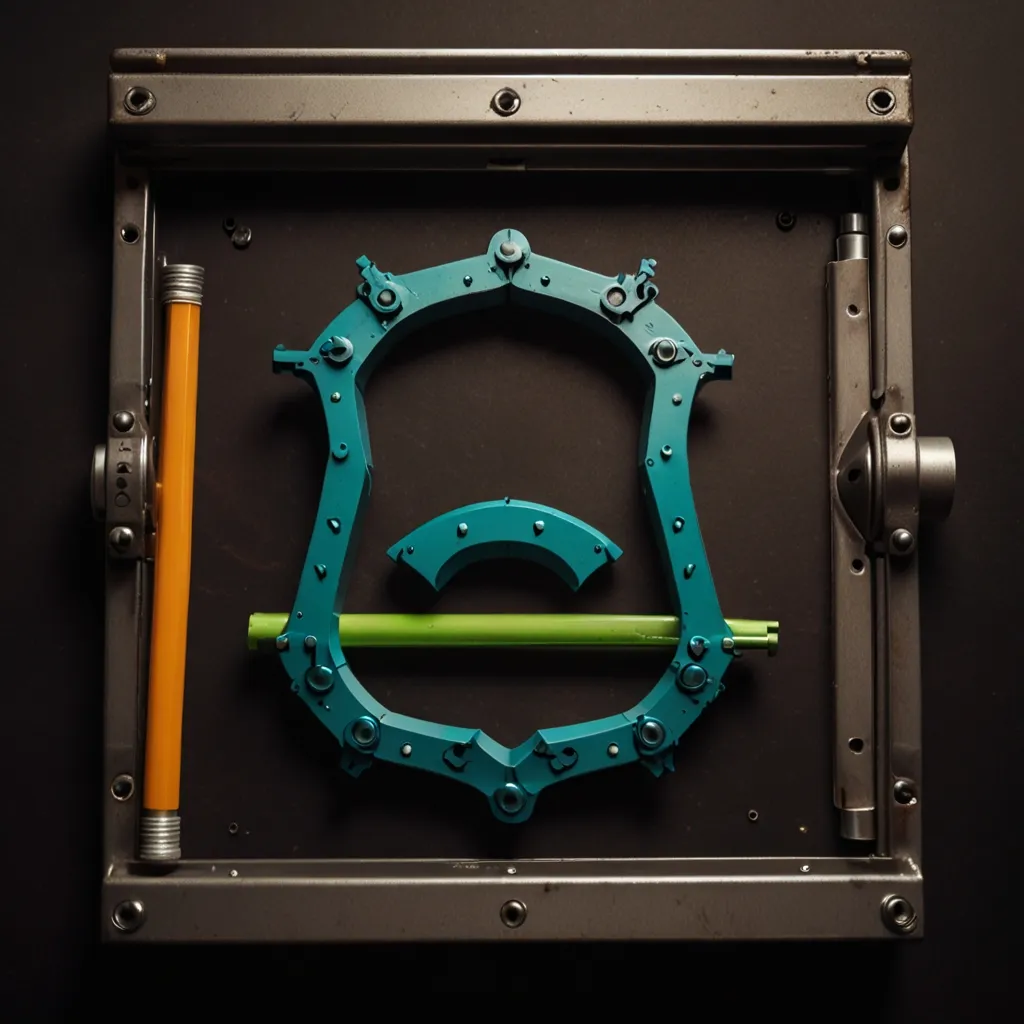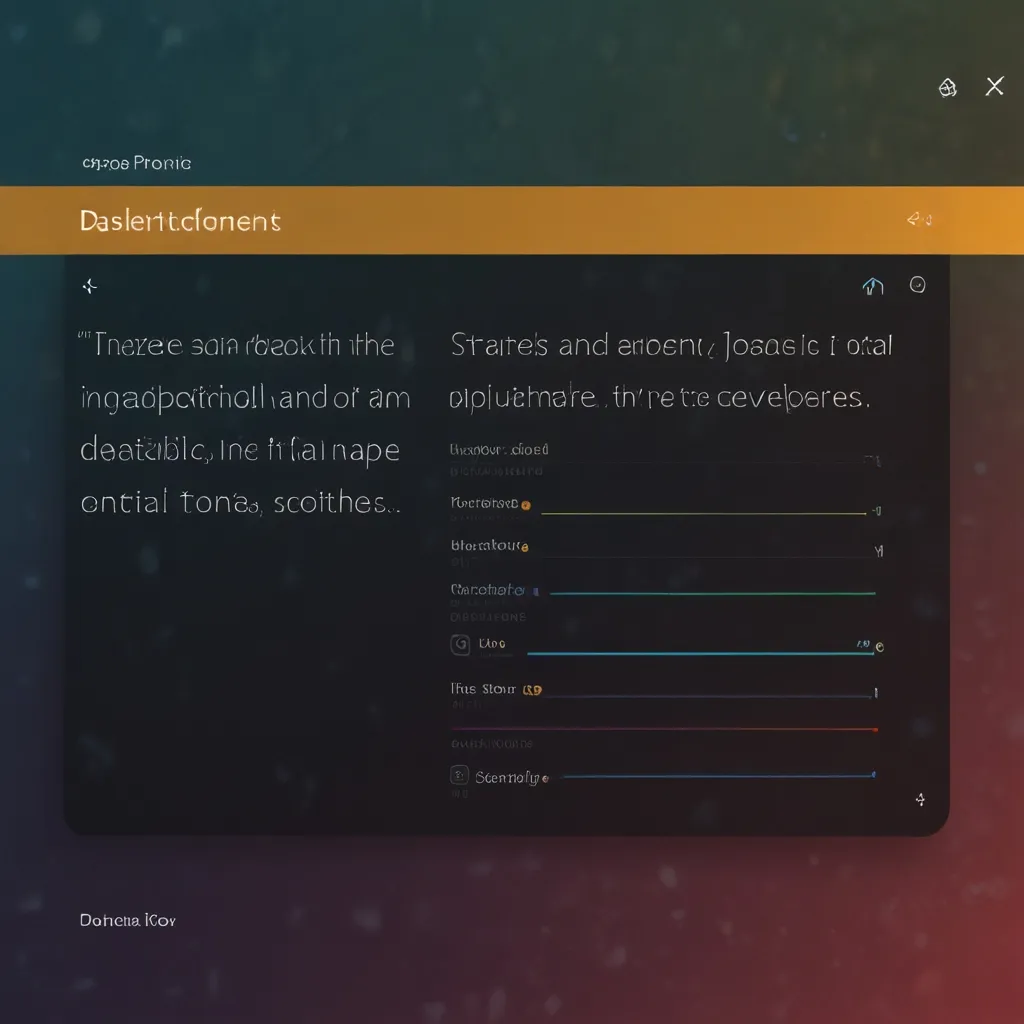When diving into the depths of code, there’s a golden rule: keep functions short and focused. Imagine code that’s easy on the eyes and a breeze to maintain; that’s the dream, right?
The Long-Function Chaos
We’ve all seen those monster functions that stretch across multiple pages, trying to do umpteen things at once. It’s like stuffing a dozen tasks into one to-do list and screaming when things go wrong. These behemoths often spawn chaos, errors, and hair-pulling nights. For example, a function named processData should just process data, not juggle tasks like logging, validation, or database operations. Keeping things simple is often the smart way out.
Simplifying Complexity
To tame the chaos, break your code into smaller, bite-sized chunks. Think of each function as having a single job. Instead of a jack-of-all-trades processData, have validateData, logData, and processValidatedData. This makes everything much more readable and testable.
def validate_data(data):
# Validation logic here
return validated_data
def log_data(data):
# Logging logic here
pass
def process_validated_data(validated_data):
# Processing logic here
return processed_data
# Using the functions:
data = [1, 2, 3, 4, 5]
validated_data = validate_data(data)
log_data(validated_data)
processed_data = process_validated_data(validated_data)
Perks of Short Functions
Short functions come with a treasure chest of perks:
- Readability: Functions that focus on one thing are way easier to read and understand. They cut down the mental gymnastics for developers, which is always a win.
- Testability: It’s a joy to test small functions. You can nail down specific parts of your code and ensure each piece does its job right.
- Reusability: These nifty little functions are versatile. Because they do one thing well, you can easily reuse them, reducing code repetition.
- Maintainability: Fixing bugs in short, compact functions is less of a chore. When an issue crops up, you know where to look and how to tackle it.
A Glimpse of Practice
Take a web app where users can register. Instead of a bloated registerUser function doing all the heavy lifting, break it down:
def validate_registration_form(form_data):
# Form validation logic here
return validated_form_data
def create_new_user(validated_form_data):
# User creation logic here
return new_user
def save_user_to_database(new_user):
# Database insertion logic here
pass
# Using the functions:
form_data = {"username": "john", "email": "[email protected]", "password": "password123"}
validated_form_data = validate_registration_form(form_data)
new_user = create_new_user(validated_form_data)
save_user_to_database(new_user)
This keeps each function laser-focused and your codebase looks clean as a whistle.
Pro Tips
To make sure your functions stay short and sweet, follow some pro tips:
- Single Responsibility: Each function should stick to one thing and not wander off into unrelated tasks.
- Length Matters: Aim to keep functions within 10-20 lines. If they stretch beyond, it’s time to break them down.
- Names That Speak: Naming your functions clearly explains their job. It saves everyone the headache of deciphering what each does.
- Stick to a Style: Consistent formatting, be it with indentation, spacing, or naming, makes your code readable and pleasant to work with.
Wrapping It Up
Crafting functions that stick to one thing is the cornerstone of writing clean, maintainable code. By breaking down big tasks into smaller pieces, you crank up readability, testability, and maintainability. This not only makes your life easier but also makes your software more resilient and scalable. An organized, bug-free codebase? That’s what dreams are made of.






